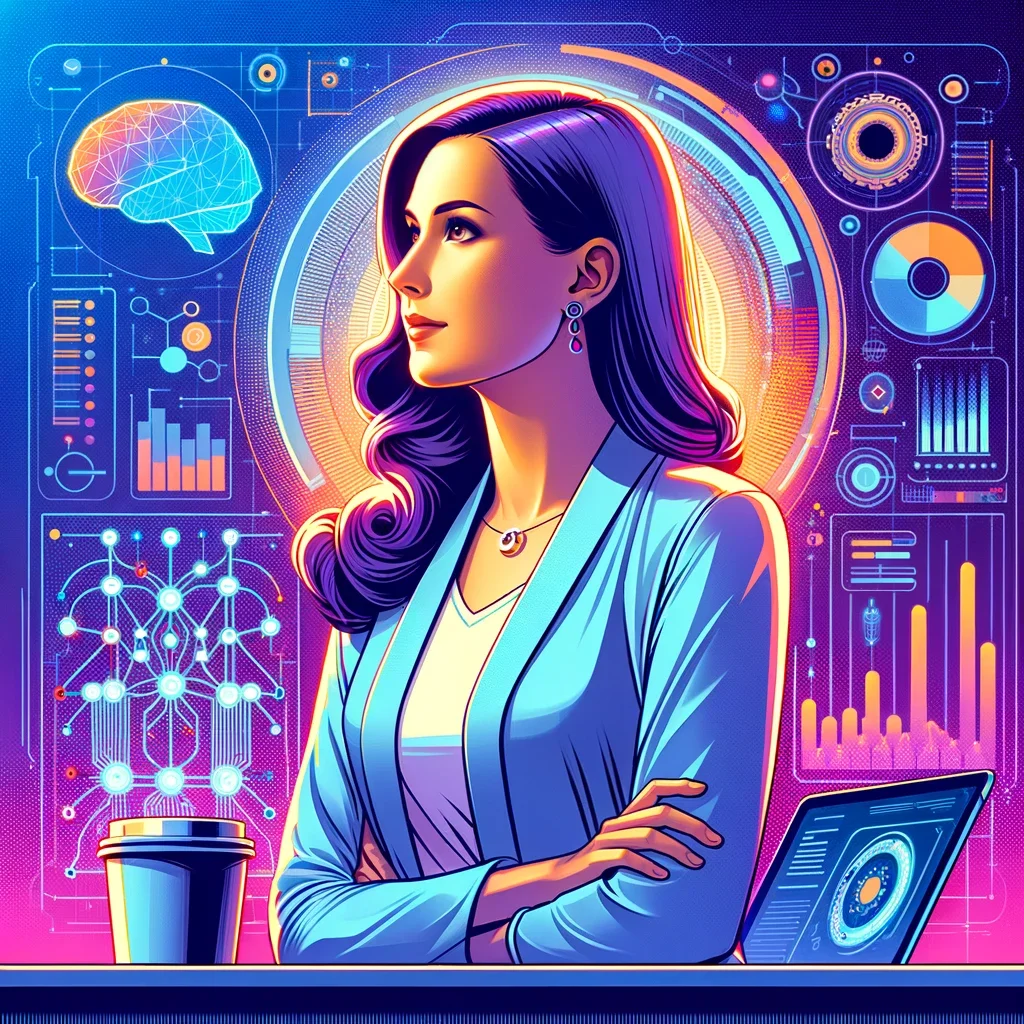At the recently concluded Google I/O Conference 2024, tech giant Google introduced several innovative artificial intelligence models and tools. Ranging from generative AI video generators to the brand-new version of Gemini 1.5 Flash, every new tool promises to usher the world into a future powered by AI.
One of the most promising introductions at the event was Google Project Astra (advanced seeing and talking responsive agent). It is a revolutionary concept to create universal AI assistants that can integrate into various aspects of our daily lives. With its potential to transform how we interact with technology, Google Project Astra represents the future of artificial intelligence.
Gemini 1.5 Pro: Key Features, Price & How To Use This Next-Generation Model
What is Google Project Astra?
Project Astra is Google’s futuristic vision for AI assistants. It leverages the camera and microphone on your device to analyze the environment, identify objects, recognize faces, interpret moods, and even read textiles. Also, it can be accessed via a pair of AR (augmented reality) glasses. By combining these observations with its advanced AI capabilities, Project Astra offers a personalized and context-aware experience.
Google says “To be truly useful, an agent needs to understand and respond to the complex and dynamic world just like people do — and take in and remember what it sees and hears to understand the context and take action. Also, it needs to be proactive, teachable, and personal, so users can talk to it naturally and without lag or delay.”
ChatGPT Desktop App: Check Key Features and How to Use It on a Computer?
Google Project Astra Features and Capabilities
Project Astra offers several impressive features. Let’s take a look at some of its most prominent capabilities:
- Real-time Environmental Analysis: Astra processes real-time camera input to identify objects, places, and scenes around you.
- Facial Recognition: The AI can recognize and remember faces, enabling it to provide tailored assistance and suggestions based on individual preferences.
- Mood Interpretation: Astra can assess the mood of individuals in the frame, allowing it to respond appropriately to different situations.
- Textile Reading: Project Astra can read and interpret textiles, offering insights into materials and patterns.
- Memory Assistance: By remembering where you last placed something, Astra can help you locate lost items, making your daily life more convenient.
Here is a video showcasing the impressive features of Project Astra:
What are Universal AI Assistants?
Universal AI Assistants are intricate artificial intelligence systems designed to provide you with personalized and comprehensive assistance in your daily activities. Unlike current AI assistants that focus mainly on basic tasks and data retrieval, Universal AI Assistants aim to create highly contextual and multifaceted interactions by integrating a wide range of services and features into a single, intuitive platform.
Universal AI Assistants blend the digital and physical worlds, giving you real-time intel and support based on your surroundings and habits. Think personalized recommendations, helpful reminders, and even mood boosters.
GPT-4o vs GPT-4 Turbo: How New ChatGPT is Better than Existing Models?
The Bottom Line
Project Astra marks a significant advancement in AI technology and human interaction. By analyzing and interpreting our environment, Project Astra can transform our dynamic with AI and unlock new opportunities for personalized assistance. As AI companions like Astra become more integrated into our daily lives, they could become an indispensable part of our routines.
What Is the TikTok Standards Test and How You Can Give it?
FREQUENTLY ASKED QUESTIONS
- What is Project Astra?
Project Astra is Google’s futuristic vision for AI assistants. It can be accessed via AR glasses as well as your smartphone to analyze the environment, identify objects, recognize faces, interpret moods, and even read textiles.
- When will Project Astra be available to use?
As of now, Project Astra is in its research phase. However, Google plans to integrate this universal AI assistant into Gemini in the near future.


















